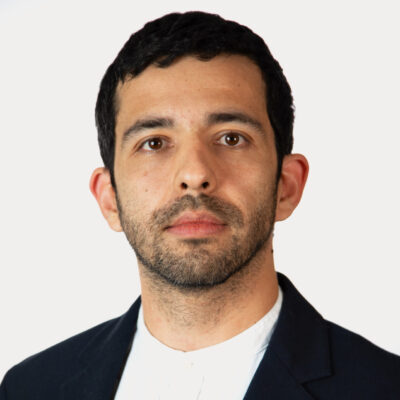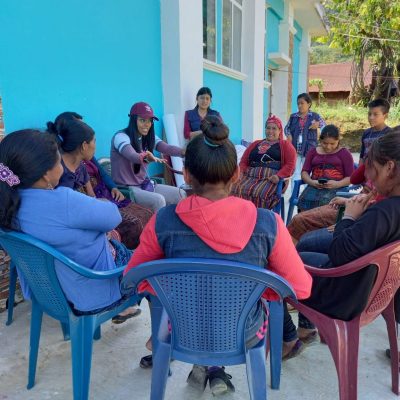-
 October 9, 2023
October 9, 2023Sociology Colloquium, 10/25/2023
“I Was the One Smelling the Flowers”: Black People of Marginalized Genders’ Experiences with Protest and Political Engagement Jalia L. Joseph, Texas A&M University
-
 October 4, 2023
October 4, 2023Sociology Colloquium, 10/18/2023
STEMming Opportunity: High School Endorsements as a Gatekeeper to College Dr. Brian Holzman, Texas A&M University
-
 February 23, 2023
February 23, 2023Sociology Colloquium, 3/1/2023
You Don’t Look Like a Lawyer Dr. Tsedale Melaku, Baruch College, City University of New York This talk will highlight the often-hidden mechanisms elite law firms utilize to perpetuate and maintain a dominant white male system. By weaving the narratives with a critical race analysis, it exposes this exclusive elite environment, demonstrating the rawness and reality of Black […]
-
 February 13, 2023
February 13, 2023Sociology Colloquium, 2/15/2023
Violence Against Social Activism and the Rise of Criminal Politicians in Colombia Dr. Camilo Nieto-Matiz, University of Texas at San Antonio In civil conflicts, violence is instrumentally used to govern populations, sanction certain behaviors, and preserve the status quo. Can selective assassinations affect the quality of democracy in the long term? This paper argues that […]
-
 November 25, 2022
November 25, 2022Sociology Colloquium, 1/25/2023
Corporate Social Performance in the Face of Institutional De-Prioritization of Sustainability Policies Dr. Debtanu Lahiri, Nova School of Business and Economics, Lisbon The study examines firms’ response to sudden changes in the institutional environment, whereby the rules and regulations pertaining to the adoption of socially responsible practices is considerably muted. Using Trump’s victory in the […]
-
 November 8, 2022
November 8, 2022Sociology Colloquium, 11/16/2022
Sociology and the Threat to American Democracy Dr. Samuel Cohn, Texas A&M University American democracy is facing potential triple threats: threats to the very existence of democracy itself, threats of the disenfranchisement of a large percentage of the population and the threats of a major legitimation crisis. Some of those threats are avoidable. Others are […]
-
 October 22, 2022
October 22, 2022Sociology Colloquium, 10/26/2022
Do Self Sufficient Refugees Start from Nothing? Paul Scholes, Texas A&M University Are refugees “blank slates” or do their characteristics matter for economic outcomes? The refugee studies literature makes conflicting predictions about refugee outcomes. What strategies help refugees become economically sufficient? Refugees are different from migrants and are selected, resettled, and live through different processes. […]
-
 October 15, 2022
October 15, 2022Sociology Colloquium, 10/19/2022
Politics of Nationhood and the Decay of the Media in Turkey Dr. Defne Över, Texas A&M University Existing studies of democratic backsliding highlighted the silent revolution in values, the breakdown of norms due to polarization, and the malleability of laws and constitutions as triggers for institutional decay. Adopting a cultural approach, this paper presents the […]
-
 October 3, 2022
October 3, 2022Sociology Colloquium, 10/5/2022
Empowering Indigenous Women for Leadership in their Rural Communities Nereyda Ortíz Osejo, Texas A&M University Nereyda worked as a consultant on a USAID- and Microsoft-funded project that aims to increase economic opportunities for indigenous women in ten communities in Huehuetenango, Guatemala by providing them access to electricity, internet connectivity, and training programs in digital, financial, […]
-
 September 23, 2022
September 23, 2022Sociology Colloquium, 9/28/2022
Spirit of Capitalism in Medicine: What Drives Opioid Epidemics in the U.S.? Megumi Tanabe, Texas A&M University Opioid overdose is a persistent public health problem in the US, which killed over 68,000 in 2020. The first wave of the opioid epidemic began “pharmaceutical companies reassured the medical community that patients would not become addicted to […]
